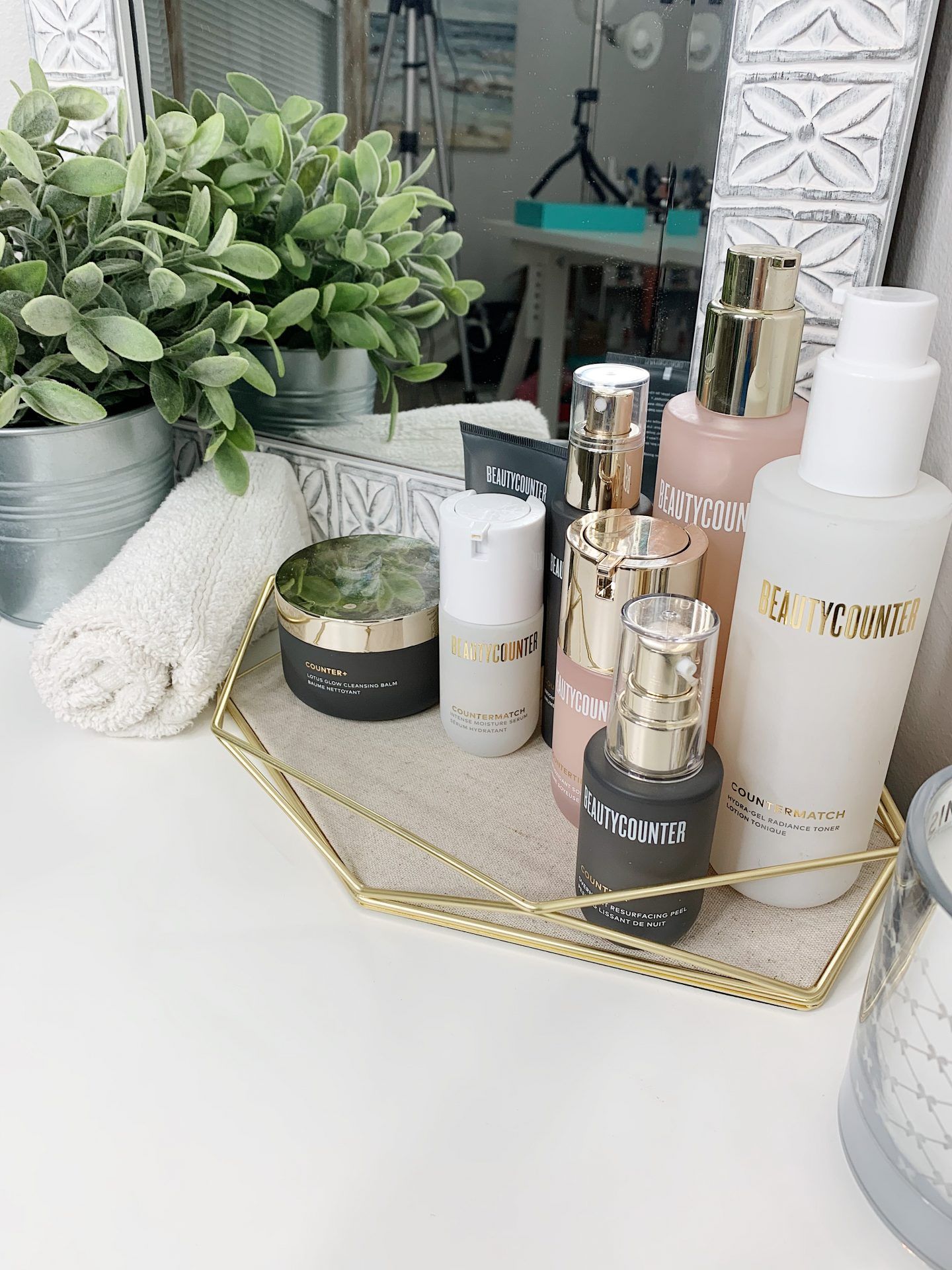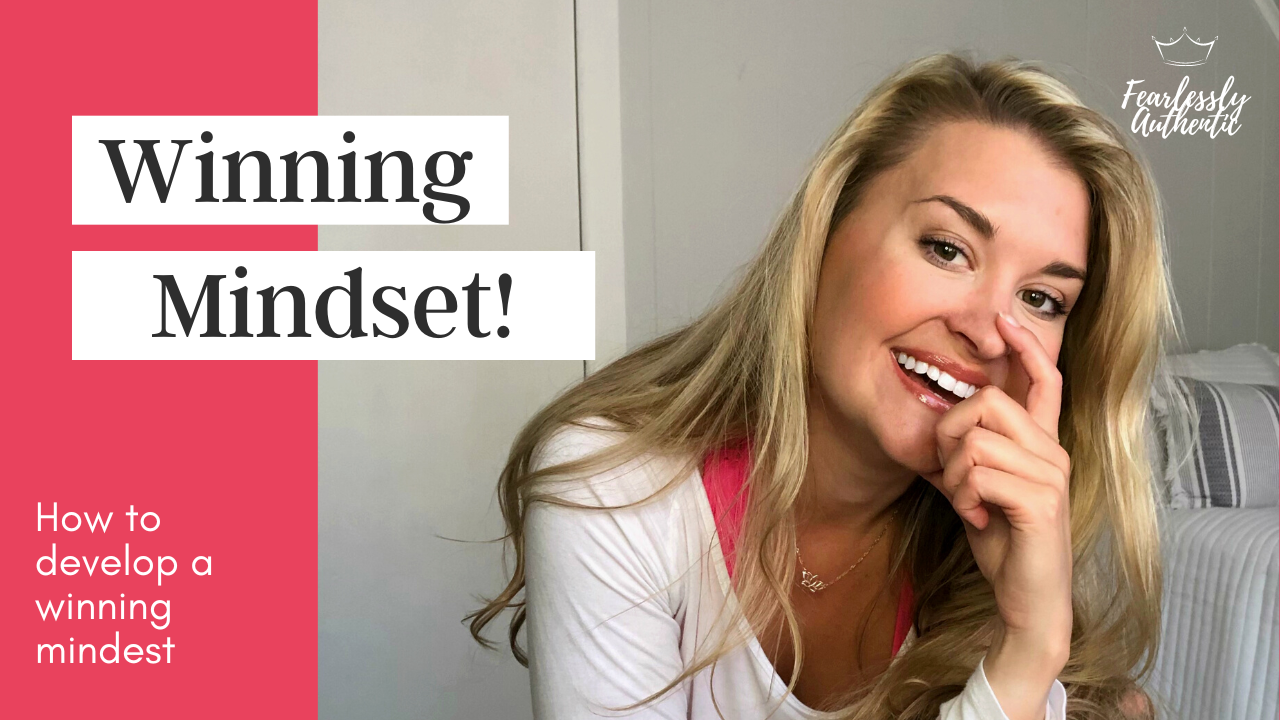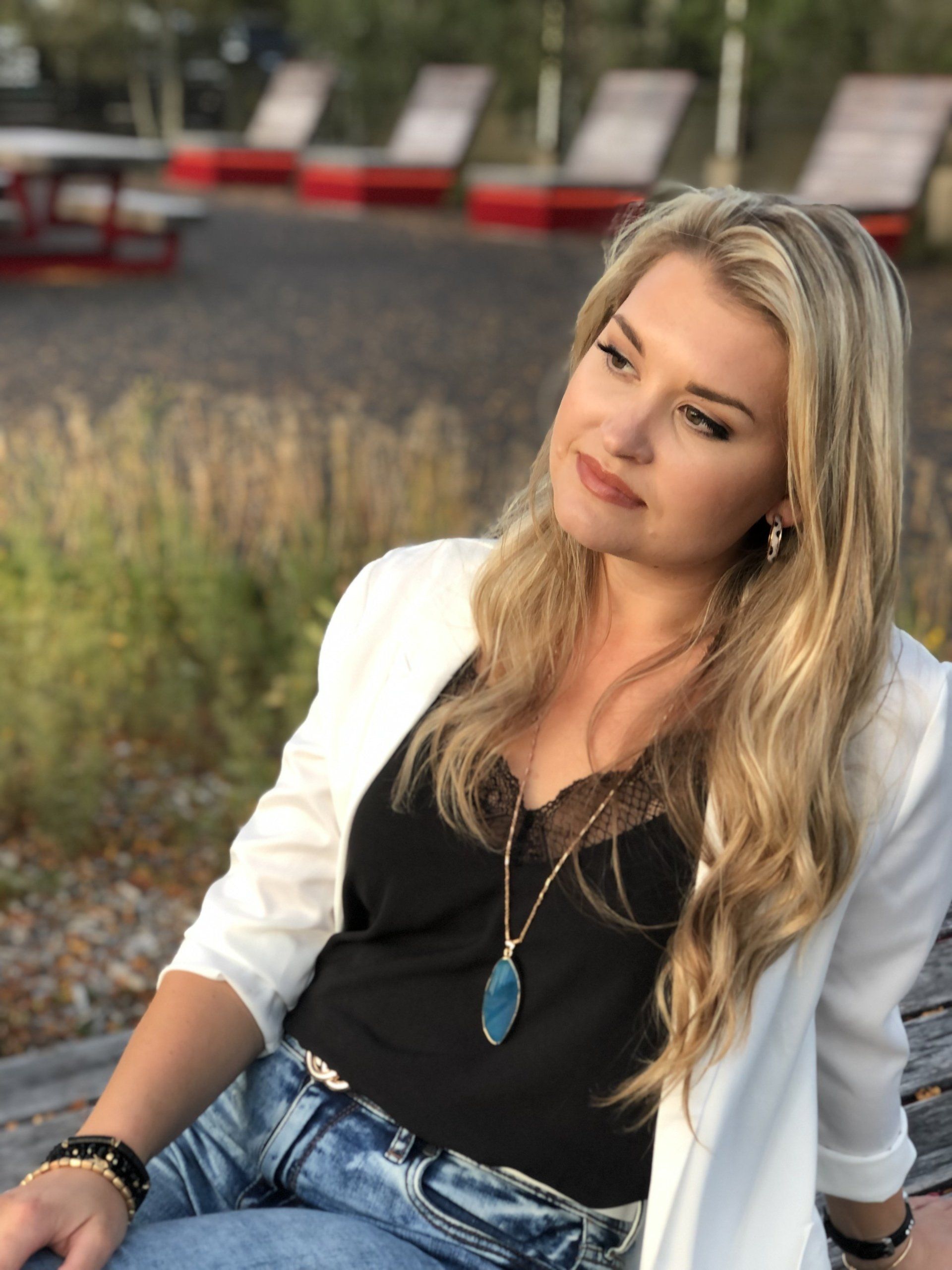You're Way Too Hard On Yourself
I hear it all the time: “You’re too hard on yourself.”

Maybe you’re a little like me. Do you label yourself as a “type A” personality? A perfectionist? Do you have an “eye for detail”? Perhaps you’re always the one people rely on to get things done. You’re trusted and responsible.
It’s good to be trustworthy, but when does being the go-to, responsible, detail-oriented person become overwhelming? When is the plate too full? Most importantly, how do we give ourselves grace without self-judgement or shame?
I am a work in progress, and I don’t claim to be an expert at this topic because I am constantly learning and growing. Therapy will be a regular in my life, as will learning best practices for self-care, taking medication as prescribed, and checking in with myself and my circle of trusted people. If I don’t do these things, I derail quickly, and it can feel impossible to get back to wellness - like freeing yourself from a Chinese finger trap. Sometimes the harder I try the more difficult it feels. I know that shame and my “anxiety brain” or “depression brain” perpetuate self-doubt, self-deprecating thoughts, and negative behaviors, which makes it even more difficult to get back to wellness. I’ve been trying to overcome these habits with the help of weekly therapy.
My therapist Maria and I are currently working on my issues of shame. First, Maria made sure to define the difference between shame and guilt. I think it’s important for everyone to understand as the two words are used loosely in regular conversation both simultaneously and interchangeably. For the sake of this post, I want to make sure we’re all clear on the differences between shame and guilt…
Guilt is when we’ve done something wrong or bad and have remorse for that particular action. Maria said guilt can be healthy; a means of keeping us from being sociopaths. Shame, however, is when we take guilt one or more steps too far and attribute our action(s) to our own character. A mistake was made, i.e., I forgot to set my alarm… I overslept and was late for work and missed an important meeting; or I procrastinated and didn’t finish my paper for class in time and failed the assignment. Guilt is recognizing what we did was wrong and determining how we can resolve to keep it from happening again in the future. It is not a character flaw - It was simply a mistake. We feel bad, we’ll deal with the consequences, and we will grow from it.
Shame is referring to ourselves as “idiots” for not setting our alarm or “lazy” for oversleeping; and “irresponsible” for not making our classwork a priority. Our simple every-day human mistakes like oversleeping or procrastinating become character flaws; personality traits that are inherently wrong with us.
This negative self-talk doesn’t get us anywhere. What’s worse is that there’s no voice in our head coming to our defense… Unfortunately, our brains aren’t controlled by Joy, Sadness, Anger, Fear, and Disgust like in Disney Pixar’s Inside Out movie. And if we’re not defending ourselves against our own mindset, we’re in for a world of hurt and perpetuated negative thinking – aka: SHAME.
Maria helped me discover how imbedded shame is in my everyday thoughts. Having a typical bad day for me is exacerbated by the “shoulds” or “shouldn’ts”. And every time I hit the snooze button on a particularly bad morning is another opportunity for my depression or anxiety brain to say, “how much lazier can you get?” or “you should be able to get your butt out of bed and get to work” or “what makes you think you can be a voice for self-care when you can’t even get up this morning?”
Instead of the self-hate, I’m learning to say, “I’m feeling emotionally, mentally, and physically exhausted. I have a lot going on right now and the best thing I can do is take care of my brain with a little extra rest. I am not at my best when I am this tired and overwhelmed. Today I will focus more on self-care. I will do what I am capable of and give myself grace for what I can’t accomplish in this headspace.” Getting this skill down will take consistent focus, therapy, and TIME.
My shame-thinking is a learned behavior that I am actively working to unlearn. This kind of self-talk does not serve me anymore – not that it ever did. It’s time to learn better coping skills and I know I can’t do it alone. That’s why I have Maria.
What does your self-talk sound like when you’ve messed up or when you’re having an exceptionally bad day? Do you struggle with a pattern of shame-thinking like me? Are you told “you’re too hard on yourself”? If so, it might be worth some self-reflection and taking inventory of your thoughts. Consider seeking help from a therapist like Maria who can help you unlearn the negative coping skills that don’t support your wellness, and replace the go-to reactions with healthy, productive ways to handle stress.
P.S. Don’t give up. We need you here.










